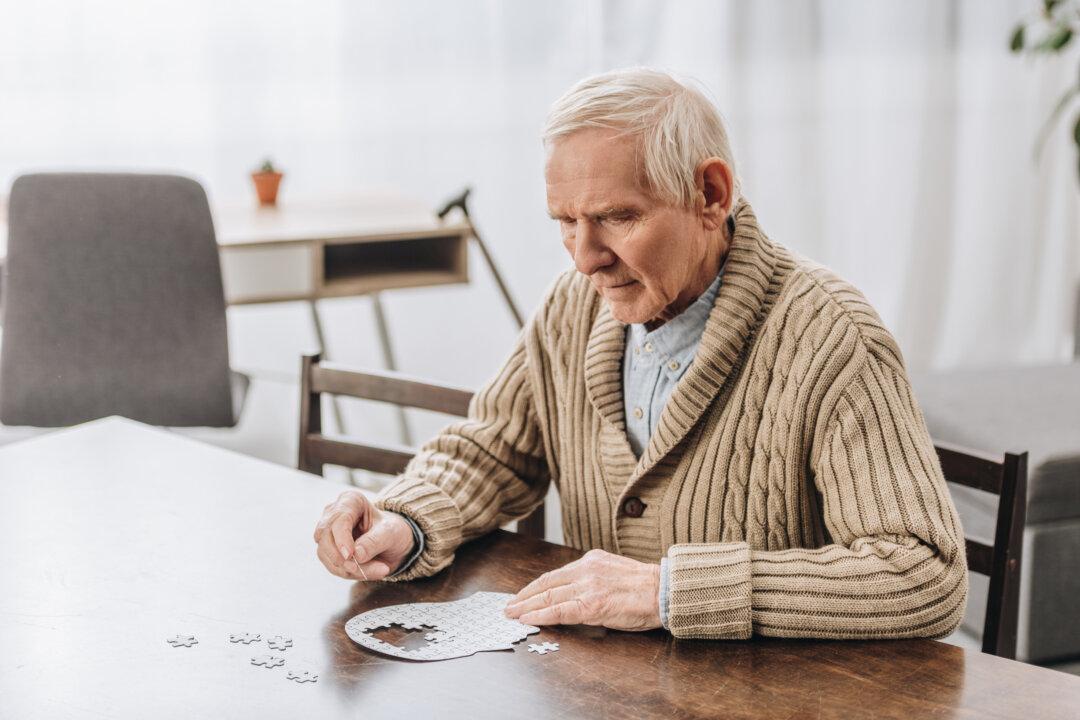Earlier this year, the World Health Organization announced a global campaign to combat ageism—discrimination against older adults that’s pervasive and harmful but often unrecognized.
“We must change the narrative around age and aging” ... “adopt strategies to counter” [ageist attitudes and behaviors], WHO concluded in a major report accompanying the campaign.





